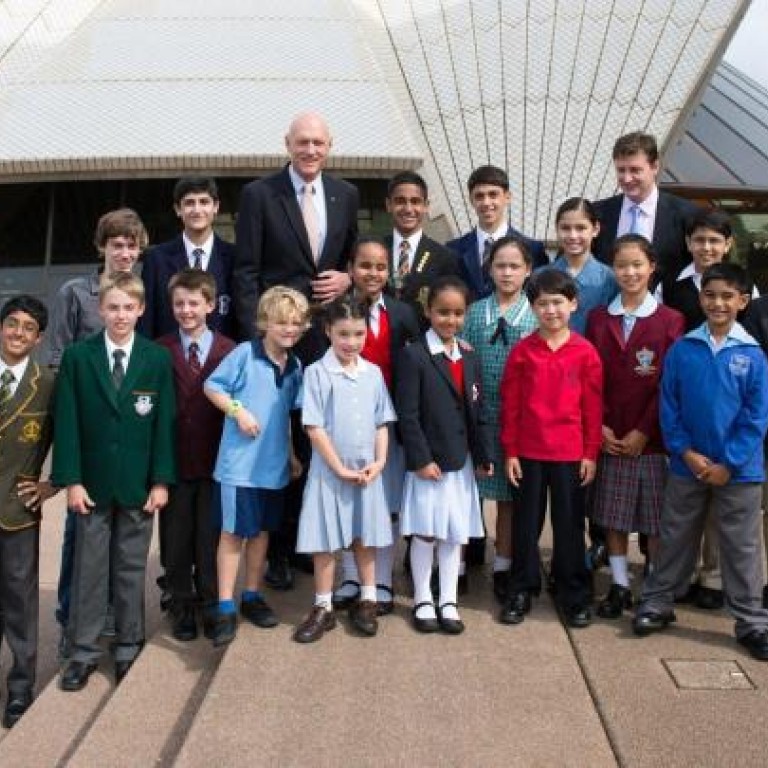
Hong Kong student, 12, wins global brain game
Student, 12, got one question right every 1.2 seconds to beat over a million pupils
A 12-year-old student of the Canadian International School in Hong Kong beat more than a million rivals to clinch the Champion of Champions title at the World Education Games.
Sachin Kumar Mital answered one question every 1.2 seconds on mathematics, science or literacy to win the gold medal that was presented to him in Sydney yesterday.

The games, played online from March 5 to 7, saw children in 236 countries, territories and principalities compete in four age groups, from four to 18.
The games began as an Australian competition in 2005 and spread globally in partnership with the United Nations agency Unicef in 2007.
With medals, ambassadors and the thrill of competition, Power said the games are designed so students learn to value learning the way the world values sport.
Participating students can fill out profiles as ambassadors, telling others about themselves and what is great about their home countries.
Sachin won the 11-13 age group after answering 6,828 questions correctly in 150, one-minute games.
"Their speed of computation is incredible," said 41-year-old Power. "I'm reasonably fast, but nowhere near their level of speed. They have incredible automaticity skills."
The non-profit initiative raised almost HK$800,000 for Unicef's School-in-a-Box program, which gives a teacher all the essentials to take on a class of 80.
In Hong Kong, 51,045 students from 198 schools took part this year. Because the games are held online, students can choose to take part in school or at home.
"I did it at home this year," said Sachin. "It's more quiet. At school you can get distracted because everyone is cheering and making noise."
Rakesh Mital, 51, said his son did "get a bit worked up" but "next year, he will do it all over again, and that says it all really".
To guard against cheating, the organisers sometimes test the world champions after the games are over to see if they can really answer questions that quickly.
"We've had to disqualify people in the past. Not many, but there are some." said Power.

